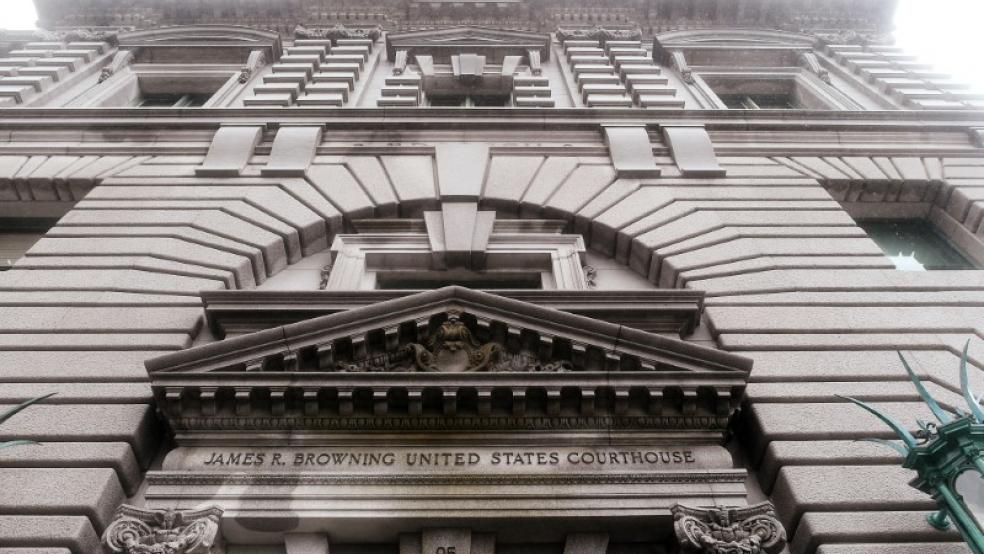As federal officials across the nation and in foreign airports dealt with the impact of President Trump’s order banning refugees and nationals of seven foreign nations from entering the United States, the message his communications team brought to the public on Sunday was a simple question: What’s the big deal?
Despite the large protests taking place at international airports across the country, where demonstrators demanded that officials allow legal permanent residents and refugees holding valid visas, Trump’s closest advisers portrayed the detentions as minor inconveniences that were well worth the price of protecting Americans from terrorism.
Related: Trump Pratfalls Onto the World Stage Targeting Muslims, Mexico, and Iraq’s Oil
Appearing on Fox News Sunday, Trump adviser Kellyanne Conway insisted that the number of people affected by the ban was trivial in relation to the number who actually entered the country from foreign nations on Saturday.
“With the upside being greater protection of our borders and our people, it’s a small price to pay,” she said.
Television screens across the country have been full of images of children and elderly people detained at airports, and distraught men and women who learned that members of their families — some abroad visiting relatives, and others in possession of valid travel visas — wouldn’t be allowed back into the United States.
Conway ridiculed the idea that there was any serious disruption taking place.
“This whole idea that they’re being separated, and ripped from their families? It’s temporary,” she said. “And it’s just circumstantial in terms of whether you were one of those three hundred and some that was already on an aircraft or trying to get on an aircraft as opposed to the more than 3,000 children who will be forevermore separated from their parents who perished on 9/11.”
Related: Is This How Trump Plans to Take On China in Asia?
Other administration spokespersons toed a similar line. White House Press Secretary Sean Spicer insisted that the detentions of travelers amounted to a minor inconvenience, and besides, he said, nobody should be surprised because President Trump “is doing exactly what he told the American people he would do.”
Trump did spend his presidential campaign promising to impose “extreme vetting” on people entering the U.S. from foreign countries.
However, Spicer and other Trump spokespeople are consistently insisting that there was virtually no system in place to clear refugees coming from war-torn places like Syrian.
Spicer likened the current system to “an open door to let people march right into our country.”
This is utterly false, as multiple experts have testified. The United States’ refugee resettlement program involves intensive scrutiny of applicants that can take several years to complete. Yet it’s a line the administration is apparently sticking with, even as the plan comes under continued legal and public assault. Federal judges on Saturday issued stay orders preventing the deportation of people in the U.S. with valid visas and legal permanent residence status.
Related: Here’s What the US Imports From Mexico – and Who Would Pay Trump’s 20% Tax
Conway, in her appearance on Fox, suggested the ruling was politicized, and suggested that it somehow doesn’t apply to the administration’s action. “[The] Obama appointee judge in Brooklyn’s stay order really doesn’t affect the executive order at all,” she insisted.
White House Chief of Staff Reince Priebus further muddied the water regarding treatment of green card holders, saying at different points that the executive order both would and would not apply to them going forward.
While Republican lawmakers have been generally supportive of Trump’s actions so far, some cracks were starting to appear Sunday. Senate Majority Leader Mitch McConnell said that he was against both a religious test for entry to the United States and against preventing people like Iraqi interpreters who had helped U.S. soldiers from entering the country.
“Some of our best sources against radical Islamic terror are Muslims,” he said in an interview on Fox. He added, “It will be up to the courts to decide if this went too far.”





